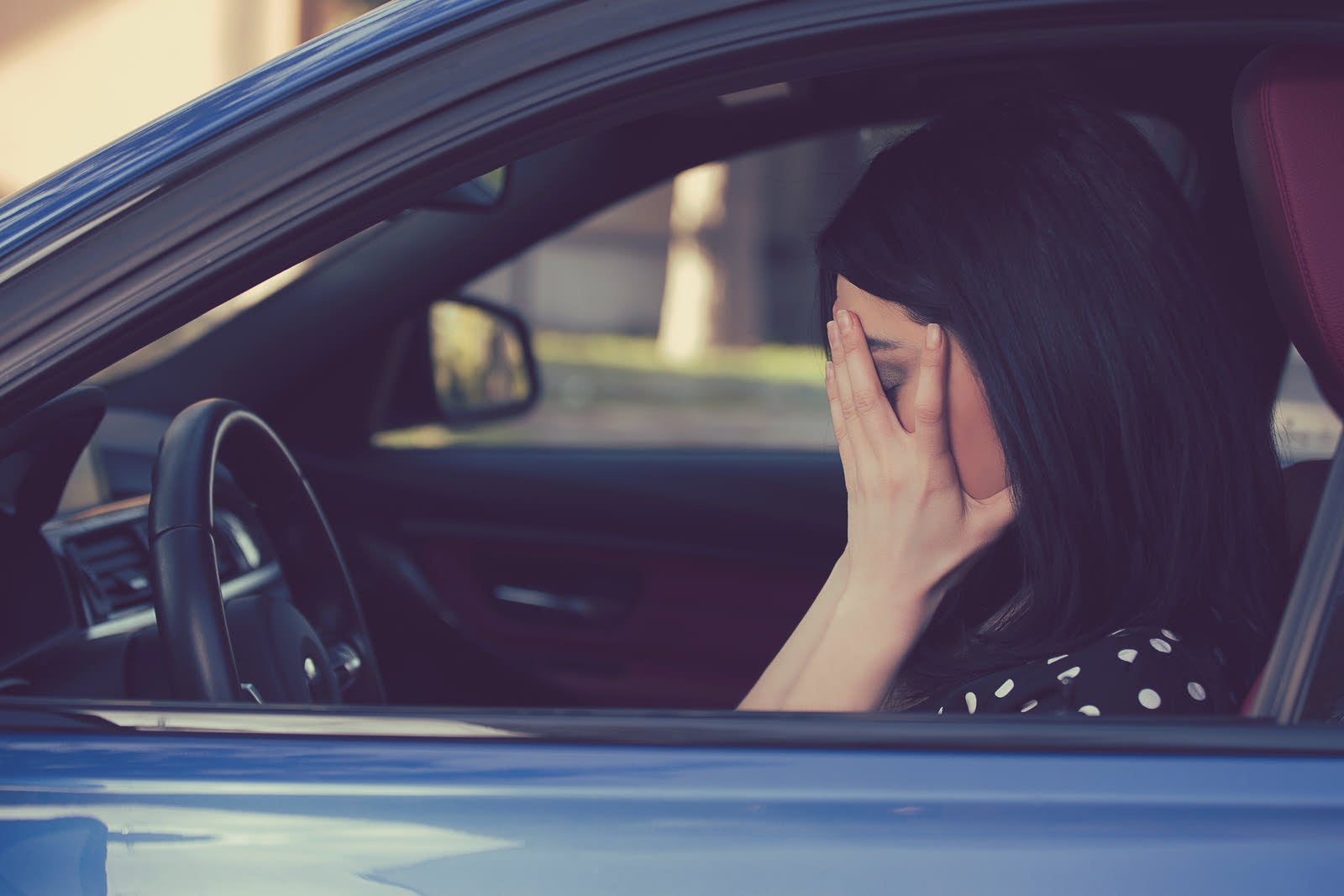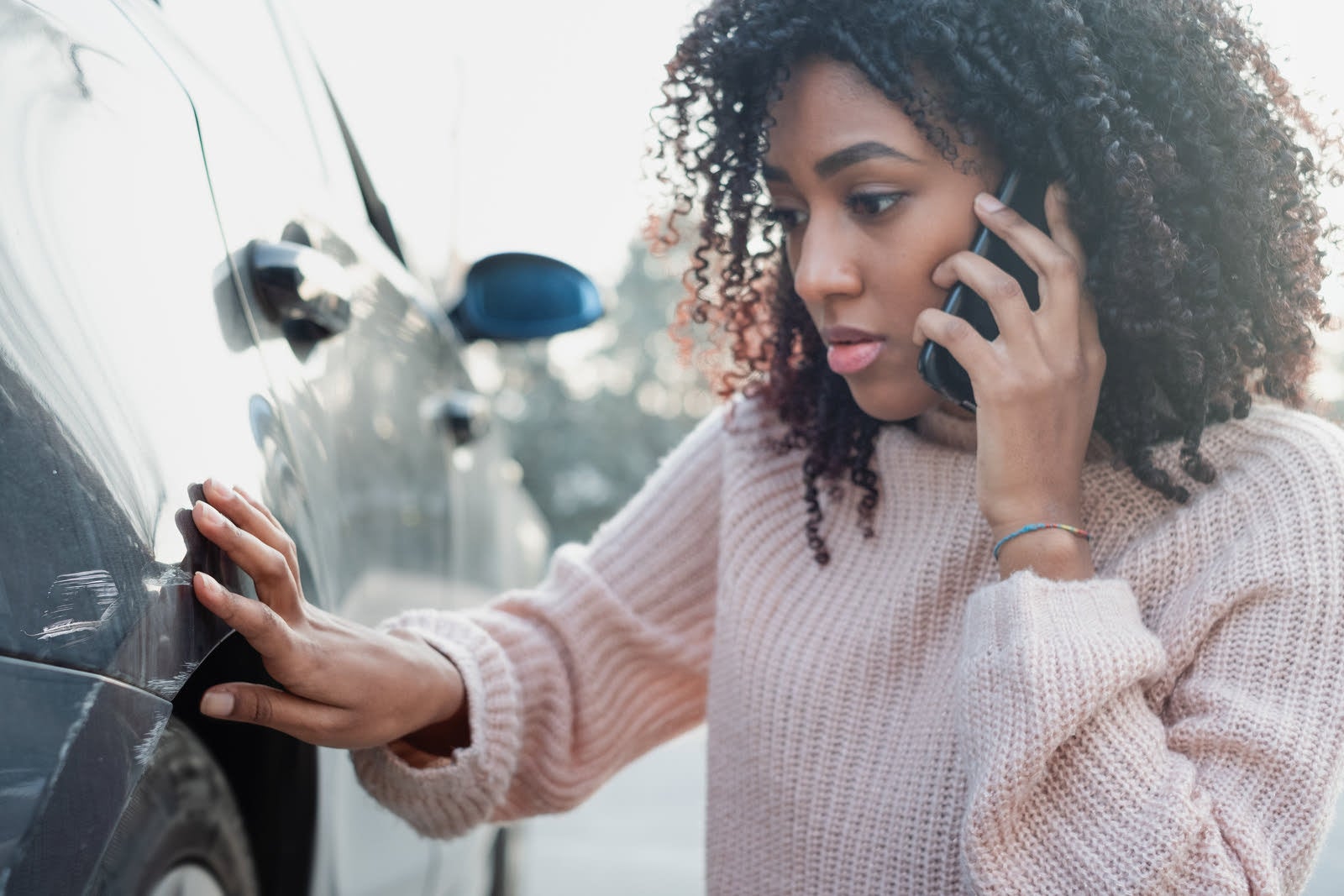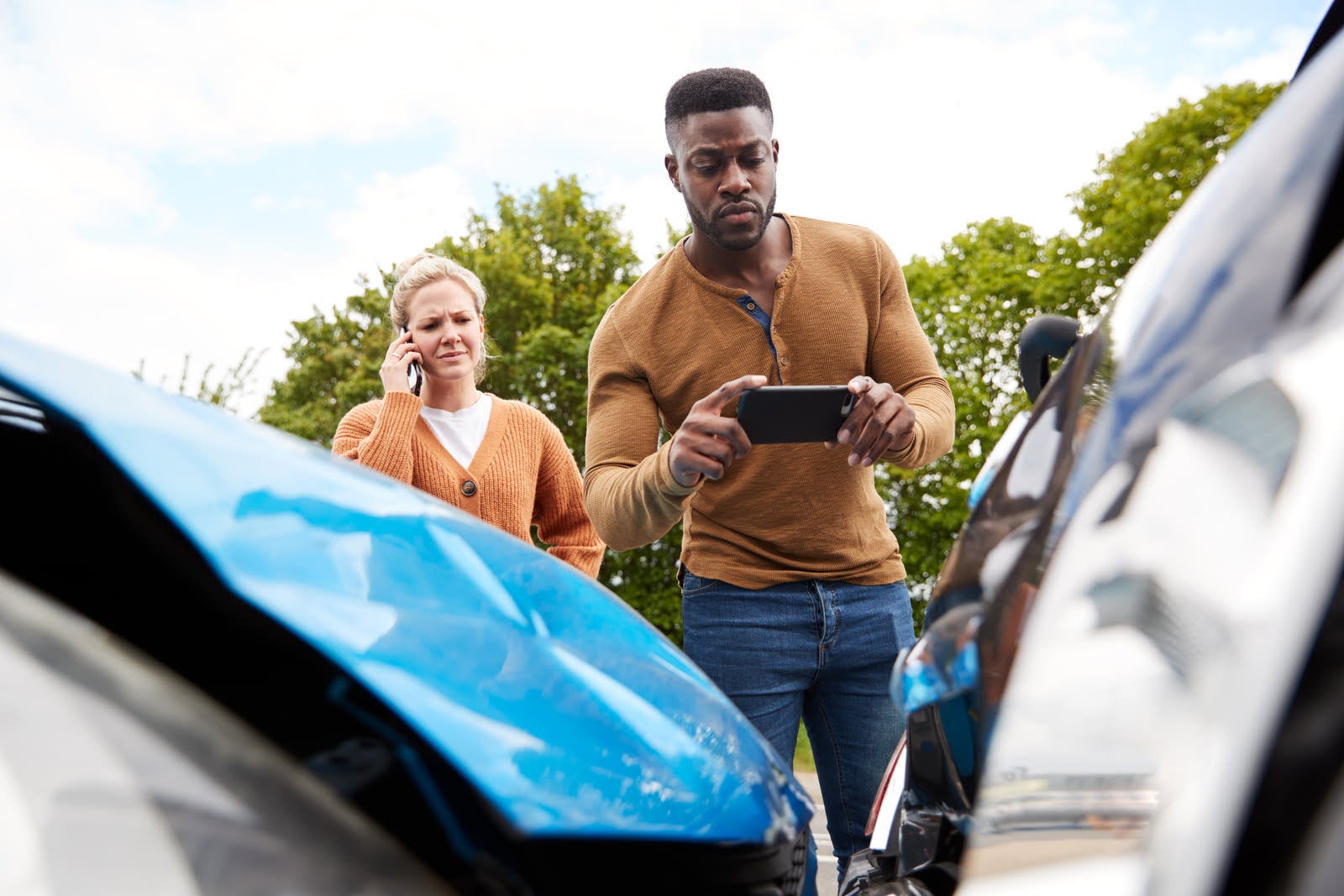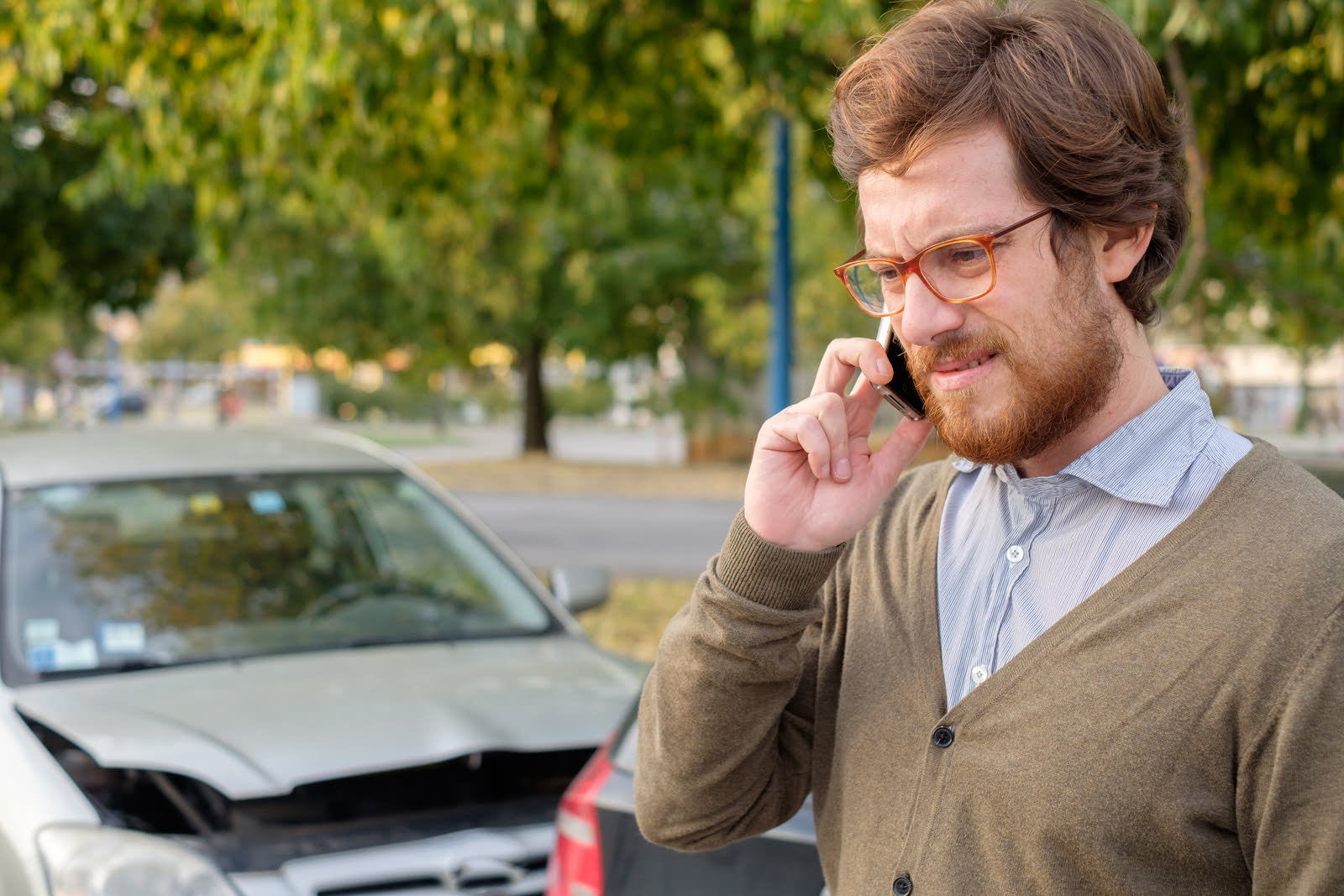Do you know what to do after a car accident? According to the Insurance Information Institute, there were more than 6.4 million motor crashes in 2017. If you happen to be involved in one, you’ll want to be prepared. Keep this checklist handy in case the unfortunate happens.
1. Stay Calm and Don’t Carry On

Immediately after a collision, your adrenaline is pumping. You’re not thinking clearly. Take a moment and a couple of deep breaths to compose yourself. This 10-second pause will help you remember details more clearly. Check yourself and any passengers for injuries. If you’re not sure whether someone in the car is hurt, assume they are. Let people with medical training decide.
If another driver was involved, your first instinct after an accident might be to confront them. Don’t be combative, and don’t discuss who’s at fault. Let the police sort out the details and decide liability. You may think you’re responsible (or not), but outside factors may be the cause of your accident.
2. Find a Safe Spot to Call the Police

After you’ve composed yourself, try to get your car out of harm’s way. Had a minor fender bender on the highway? Pull to the side of the road, and be sure to check your surroundings. You don’t want to accidentally open your door into traffic.
As soon as you can, call 9-1-1 and report the collision to speed up the emergency response. If someone is injured, wait for emergency services to arrive before moving a person or vehicle. Let the professionals do what they are trained to do.
3. Take Photos and Exchange Information

The beautiful thing about smartphones is that most of us now carry a camera everywhere. Your smartphone can be a valuable tool after a collision. Use it to document everything, and store it in a convenient place. A good tip is to email yourself the images. That way they'll remain easily accessible.
Once you’ve made sure the cars are out of harm’s way, take the following photos: • Individual images of the vehicles involved, including license plates • A wide-angle view of the accident scene • Closeup views of the specific damage • The other driver’s license and insurance information • Contact info for any witnesses • The responding officer’s information for easier follow-up.
Also, take a video of the accident scene. It should be at least a minute long and include all angles. Photos and a video will help jog your memory in the days following the crash.
4. Contact Your Insurance Company

Most major insurance companies now have mobile apps and a car-accident checklist to process your claim. This checklist will include a list of information to compile at the scene. It’s an efficient way to get the paperwork done right the first time. Be sure to get a copy of the police report as soon as possible, too. This can be a critical part of an insurance claim.
The day after the accident, follow up with your insurance agent to make sure your claim is underway. Also, you might have additional information to report—perhaps an injury like whiplash or a backache has become evident. That’s not uncommon.
You need collision coverage if you want the insurance company to repair your vehicle. (Check out CarGurus’ Beginner’s Guide to Car Insurance for more information.) If you were at fault and lack collision coverage, your insurer won’t cover repairs.
Ask the insurance company what your responsibilities are during the repair process. An adjuster will inspect your vehicle to determine the extent of the damage and what the insurance company is willing to pay. Don’t feel you have to accept the adjuster’s initial repair quote. Shop around for a repair quote and negotiate with your insurance company on how much will be covered.
You don’t have to automatically take your vehicle where the insurance company wants it repaired, either. It’s your choice whether to use a dealership or an independent mechanic for your repairs. Also, know that the repair estimate, regardless of which shop you choose, may be subject to change. Vehicles are increasingly complex. What looks minor to your untrained eye might actually require a significant repair.
The appraiser may determine your vehicle is not worth fixing because the repair costs outweigh a certain percentage of the vehicle’s value. When this happens, your car is considered “totaled.”
You have a judgment call to make when filing a claim. You may not want to call your insurance company if you think the damage is minor, like if you were bumped in a parking lot and can use touch-up paint to fix your car. Such a minor claim may not be worth a potential hike in insurance rates.
The Bottom Line
Automobile accidents are both physically and mentally stressful. Take a few moments to compose yourself. Don’t aggressively confront the other driver. Instead, focus your energy on gathering information you'll need and dealing with the police officers who respond.
Follow your insurance company’s claims process. If you have even a slight injury, ask an uninjured passenger to compile the necessary information for you. Remember that you have rights, too. Contact a lawyer if you feel the insurance companies are not addressing your needs.
There’s no such thing as a good car accident. However, with just a little preparation, you can have a good car accident claim process that sees you fairly treated and gets your vehicle back on the road as soon as possible.
Related Topics
Easy DIY Car Maintenance Jobs Anyone Can Manage
How to Check Your Tire Pressure
Don't Chuck That Recall Notice

